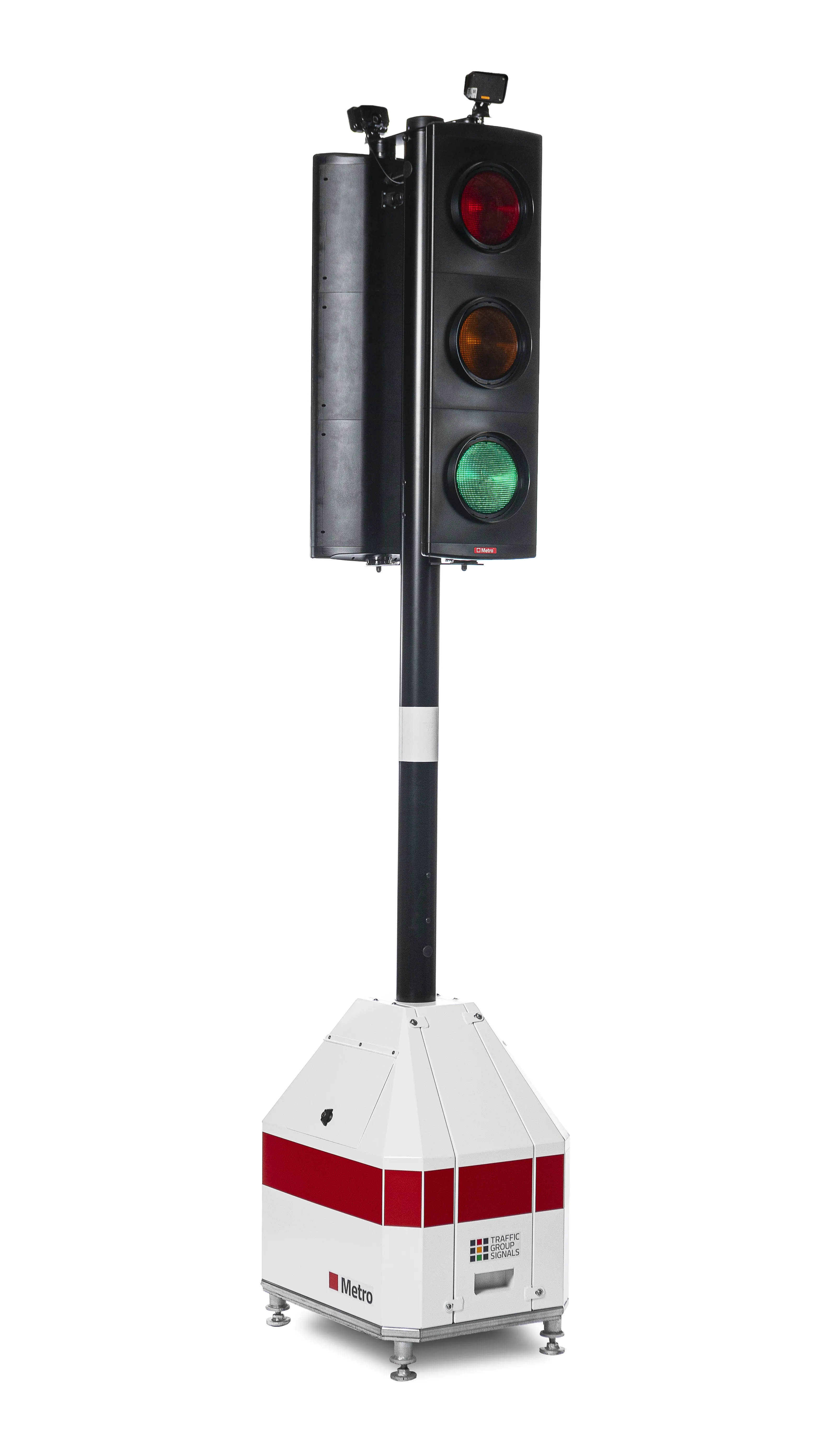The LightingGale centralised street light management system developed by intelligent street light management solutions provider Cimcon Lighting has been approved by the UK’s Supplier Volume Allocation Group (SVG) under the UK’s Balancing and Settlement Code (BSC) for use in Settlement. Administered by Elexon, the BSC defines and governs the “balancing mechanism and imbalance settlement processes” for electricity in the Great Britain, and is vital to the successful operation of Great Britain’s electricity tr
April 9, 2013
Read time: 2 mins
The LightingGale centralised street light management system developed by intelligent street light management solutions provider 7278 Cimcon Lighting has been approved by the UK’s Supplier Volume Allocation Group (SVG) under the UK’s Balancing and Settlement Code (BSC) for use in Settlement.
Administered by Elexon, the BSC defines and governs the “balancing mechanism and imbalance settlement processes” for electricity in the Great Britain, and is vital to the successful operation of Great Britain’s electricity trading agreements. Elexon had earlier completed the testing process for the system and invited the SVG to approve it.
To obtain Elexon approval, LightingGale was required to demonstrate within an actual testing scenario that it could meet stringent Elexon requirements, including secured access to data/system; synchronization with universal time controller (UTC); precise inventory control information; operational switching and power control, and its recording in the system; generation of an event log for billing/total power consumption.
“Cimcon Lighting is very pleased to have received Elexon’s approval for the United Kingdom’s Balancing and Settlement code,” said Anil Agrawal, director. “This approval clearly reinforces that Cimcon’s LightingGale centralised intelligent outdoor wireless control system has global appeal and that it can make a major impact in reducing street light energy and maintenance costs, as well as CO2 emissions, all important for today’s need for fiscal and environmental efficiency by boroughs, councils, cities, towns, municipalities and utilities.”
Administered by Elexon, the BSC defines and governs the “balancing mechanism and imbalance settlement processes” for electricity in the Great Britain, and is vital to the successful operation of Great Britain’s electricity trading agreements. Elexon had earlier completed the testing process for the system and invited the SVG to approve it.
To obtain Elexon approval, LightingGale was required to demonstrate within an actual testing scenario that it could meet stringent Elexon requirements, including secured access to data/system; synchronization with universal time controller (UTC); precise inventory control information; operational switching and power control, and its recording in the system; generation of an event log for billing/total power consumption.
“Cimcon Lighting is very pleased to have received Elexon’s approval for the United Kingdom’s Balancing and Settlement code,” said Anil Agrawal, director. “This approval clearly reinforces that Cimcon’s LightingGale centralised intelligent outdoor wireless control system has global appeal and that it can make a major impact in reducing street light energy and maintenance costs, as well as CO2 emissions, all important for today’s need for fiscal and environmental efficiency by boroughs, councils, cities, towns, municipalities and utilities.”









